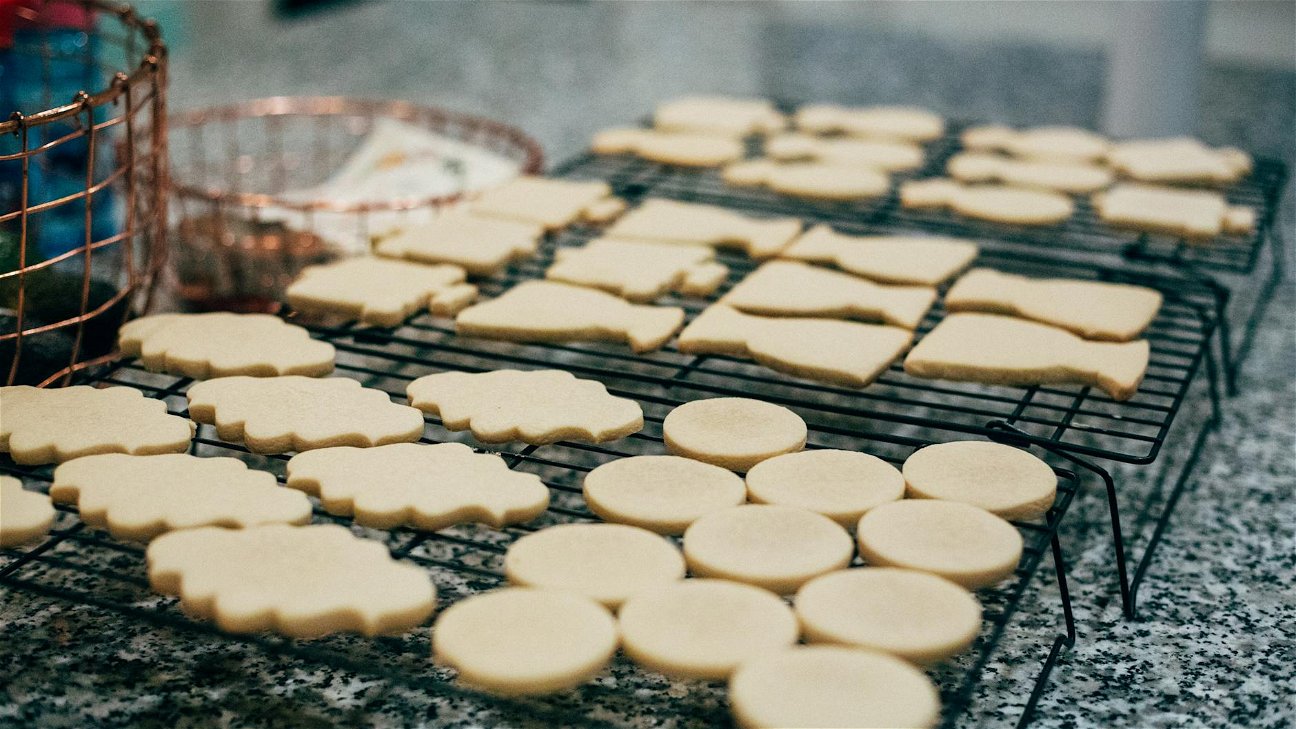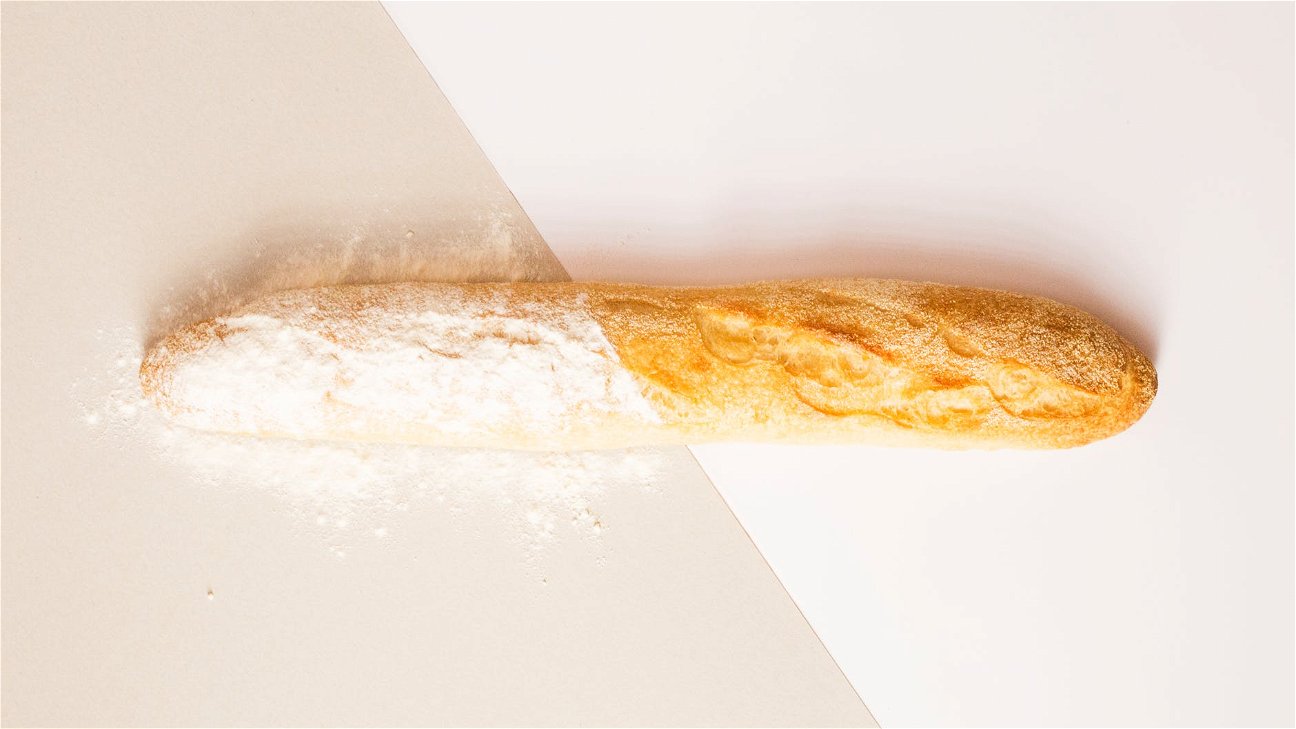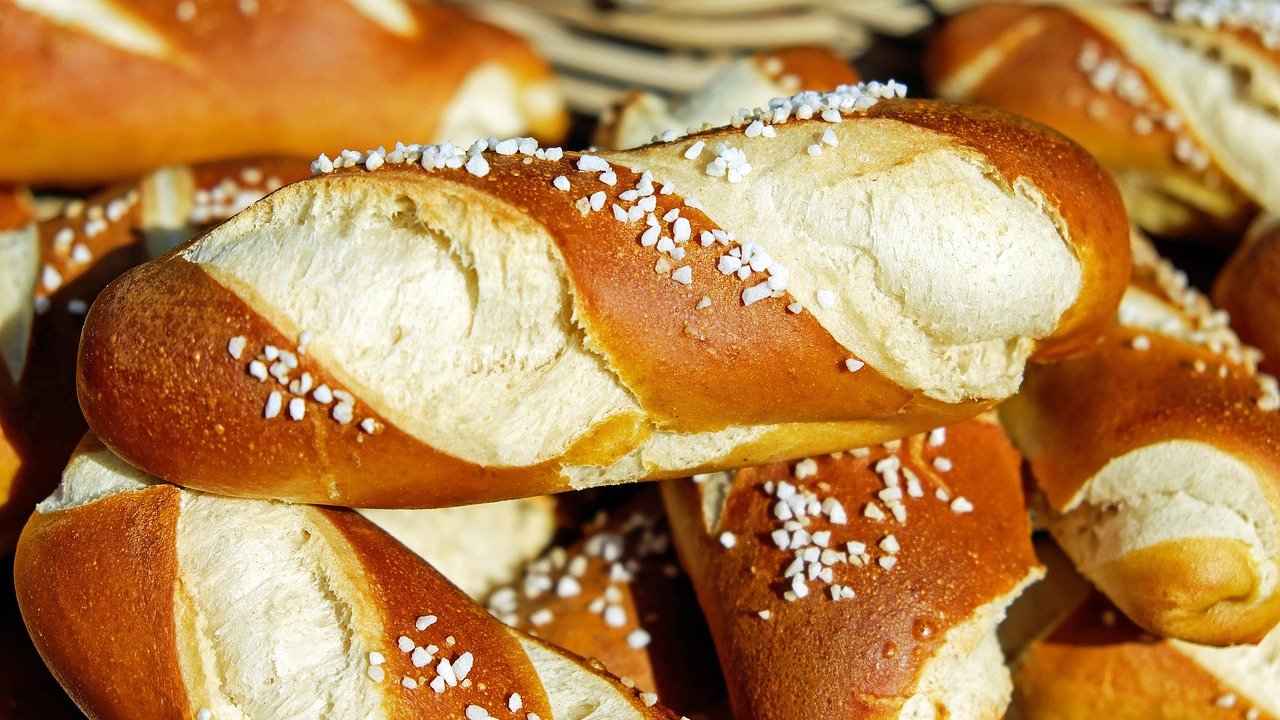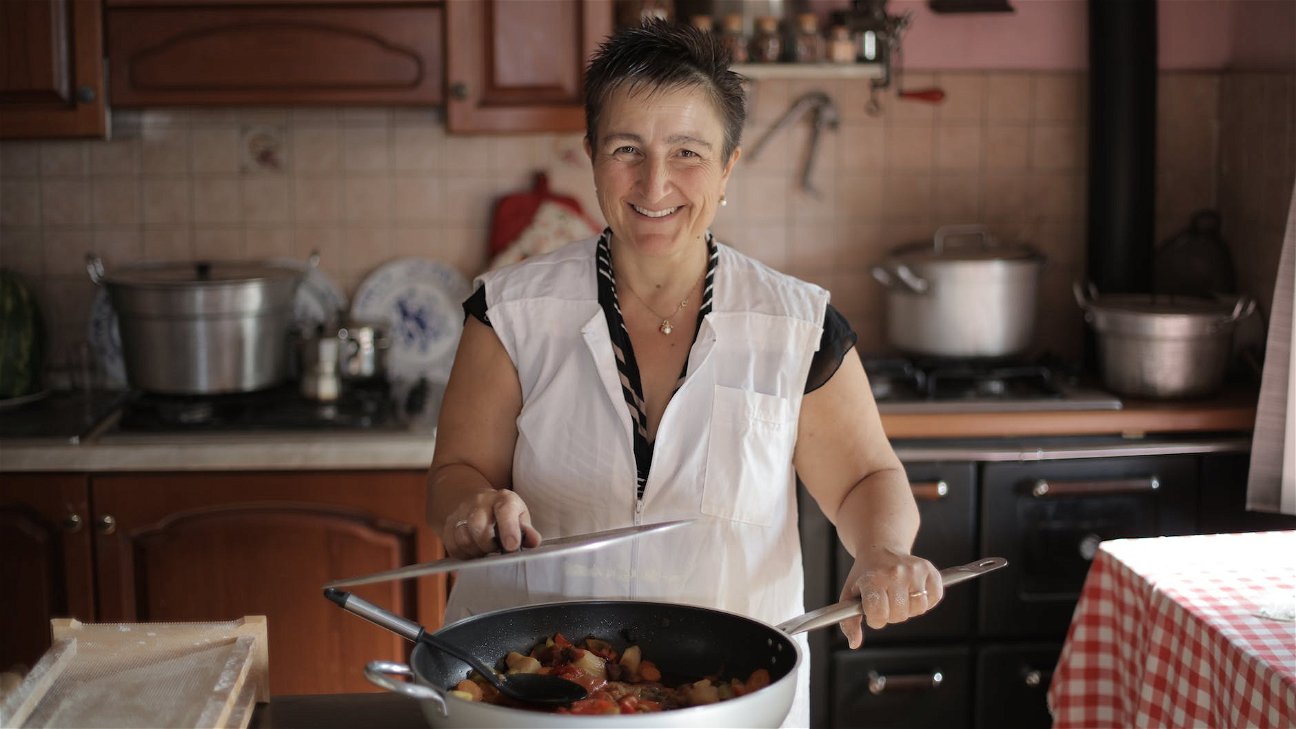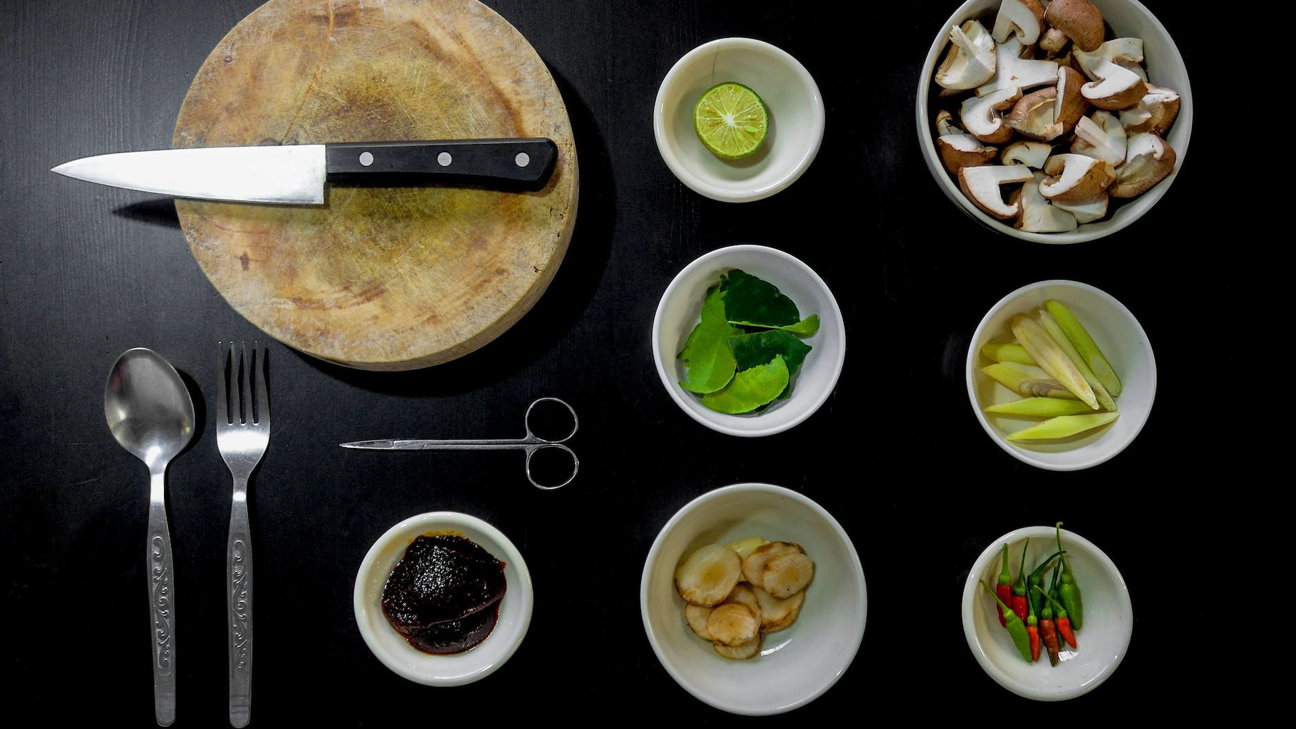
Baking a cake is an art, but did you know that it's also a science? The act of baking is a complex series of chemical reactions that transform raw ingredients into a delicious treat. Understanding the science behind baking can help you create perfect, moist, and fluffy cakes every time.
The role of ingredients in baking
Each ingredient in a cake recipe has a specific function. Here's a quick rundown:
-
Flour: Flour provides the structure for your cake. The proteins in flour combine to form gluten, which gives cakes their texture. Too much gluten can make a cake tough, while too little can make it crumbly.
-
Sugar: More than just sweetening the cake, sugar also contributes to its texture. Sugar absorbs water, which keeps your cake moist. It also caramelizes during baking, giving your cake a golden color and a delicious flavor.
-
Eggs: Eggs help bind the ingredients together and also provide some leavening. The water in eggs turns to steam in the oven, helping to raise the cake. Additionally, the proteins in eggs set during baking, helping to provide structure.
-
Fat: Fat, such as butter or oil, helps to tenderize the cake. It interferes with gluten formation, preventing the cake from becoming too tough. Fat also carries flavor.
-
Leavening agents: Leavening agents, like baking powder or baking soda, create gas bubbles that cause the cake to rise. This gives the cake its light, fluffy texture. Baking powder is double-acting, meaning it starts creating gas bubbles as soon as it's mixed with the other ingredients and continues to do so in the oven. Baking soda, on the other hand, starts acting as soon as it gets wet and warm, so it's important to get your cake into the oven quickly after mixing the batter.
The importance of temperature and time
Baking temperature and time play a crucial role in the outcome of your cake. Too high a temperature and your cake will rise quickly and then collapse. Too low a temperature and your cake may not rise properly. The correct temperature ensures even baking.
The baking time is also crucial. Too little time and the cake will be undercooked and soggy. Too much time and it will be dry and burnt. It's important to follow the recommended baking time in your recipe, but don't be afraid to start checking a few minutes early. Remember, every oven is a bit different, so you may need to adjust baking times slightly.
Tips for perfect cakes
Now that you know the science behind baking, here are some tips to make your cakes perfect every time:
- Always measure your ingredients accurately. Baking is a science and measurements matter.
- Use room temperature ingredients. This helps the ingredients mix together better and the cake to rise properly.
- Don't overmix your batter. Overmixing can lead to a tough cake because it develops too much gluten.
- Finally, always preheat your oven. A properly preheated oven ensures that your cake starts cooking as soon as you put it in, which is crucial for good rise and even baking.
